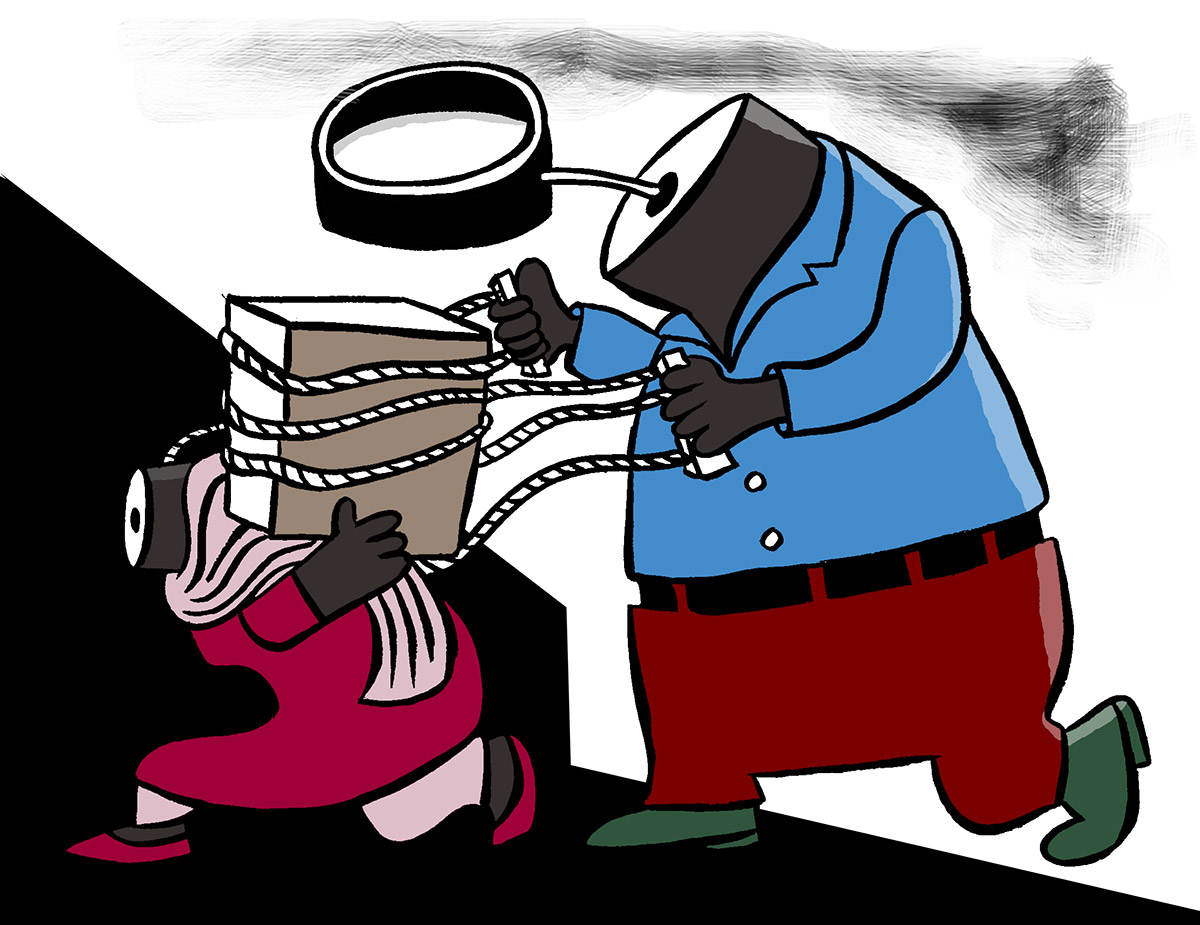Faceless assessment: Fresh SOPs issued to address taxpayers’ conflicts
The faceless authority has suggested a host of changes in the assessment process following conflicts and practical difficulties raised by taxpayers since the new regime was introduced.
On August 3, the National Faceless Assessment Centre issued a set of standard operating procedures (SOPs) to address several anomalies in the regime.
The faceless centre, constituted by the Central Board of Direct Taxes, is the nodal authority and works as an interface for the faceless regime.
Under the new SOP, an assessing officer will propose computation of income and loss after considering all aspects — differences and variations in the tax addition made by the department and responses submitted by the assesse — before passing the final order in the case.
The assessing officer will prepare an income and loss determination proposal (ILDP) after considering the taxpayers’ reply to a show-cause notice and a personal hearing in each case, it said.
The SOP states that ILDP should be fair and judicious.
The assessing officer must submit it for risk analysis within a reasonable time.
The initial tax notice under the faceless assessment will be more comprehensive and specific now, according to the SOP.
It will be structured better after considering all internal data available to the assessment official.
The faceless unit has also suggested specific timelines for each step of the process.
The faceless authority has even defined roles of the assessment unit, verification unit, technical unit and review unit in the revised SOP, which was absent earlier.
Defining the role of each unit will ensure a smoother process and could lower litigation on procedural grounds.
Further, to improve compliance, the department will send a centralised communication to taxpayers in case of non-responsiveness of the notices.
It also suggested sending a physical letter at the latest known address along with text messages of the assessee.
The authority also suggested key conditions for verifying the assessment case. It should be done in case of non-availability of digital footprint of “third person” (other than assessee).
The assessing officer can seek verification if it requires — cross verification of evidence, examination of books, recording of statement, examining of witness, etc.
Besides, the assessing officer can seek special audit in a specific case such as nature and complexity of accounts, volume of accounts, doubts about transactions, and specialised nature of business activity.
The authority also suggests that the final assessment order must contain specific information such as if the assessee seeks video conferencing without filing complete or any submission against show cause, inference made on the basis of which tax variations are being made, among others.
As the faceless scheme is evolving, it will require continuous rework to make it viable for taxpayers.
The purpose of the scheme was to eliminate corruption and not to cause inconvenience to taxpayers, it noted.
Key recommendations
- According to the new SOPs, assessing officer will propose computation of income and loss after considering all aspects before passing the final order in the case
- The officer will prepare an income and loss determination proposal after considering the taxpayers’ reply to a show-cause notice and a personal hearing in each case
- Faceless unit suggests specific timelines for each step of the process
- The department will send a centralised communication to taxpayers in case of non-responsiveness of the notices
For all the latest business News Click Here

